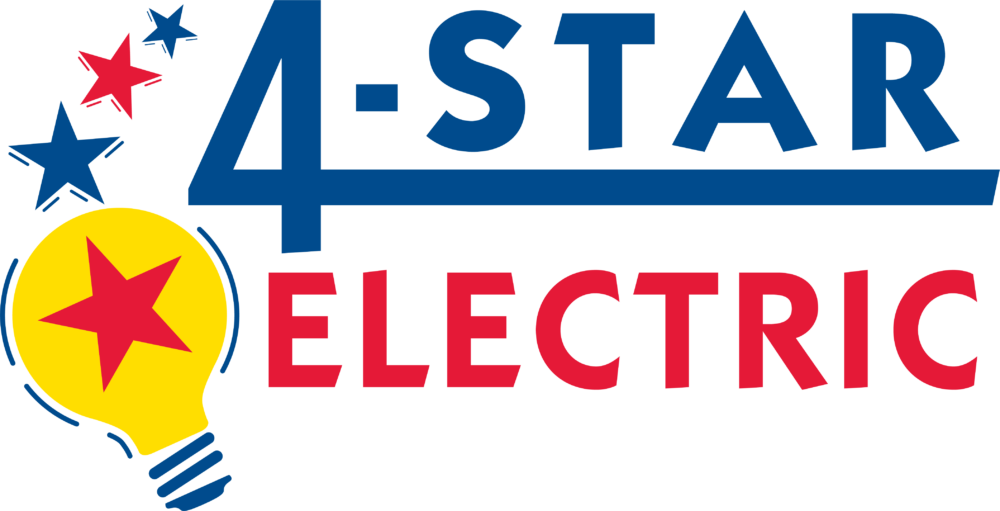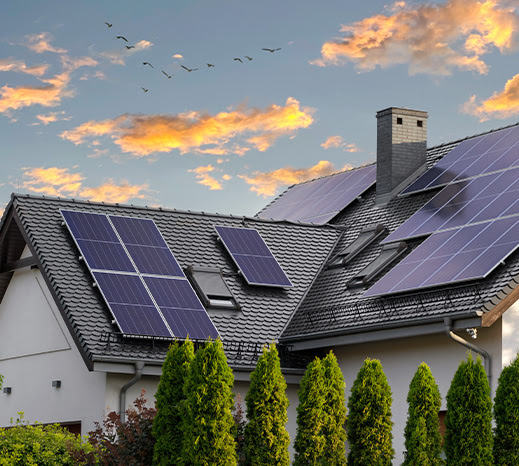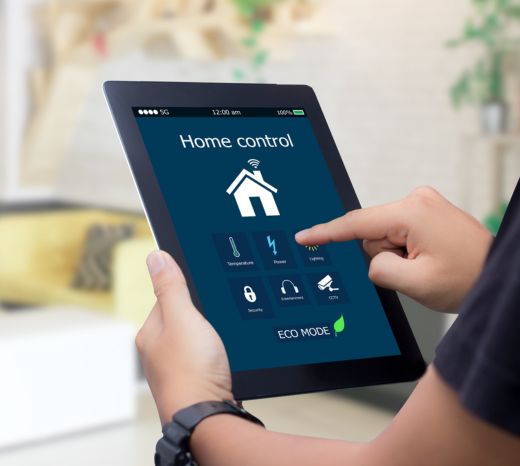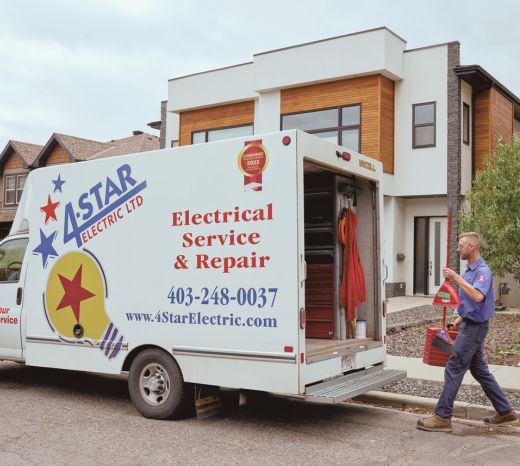With Calgarians becoming increasingly aware of solar energy’s environmental and cost-saving benefits, solar panels are becoming a popular addition to many homes. But before you embrace this radiant transformation, you’ll want to make sure your home's electrical system is ready to harness the sun's power.
Whether or not your home is ready to go solar depends largely on the condition and capacity of your electrical panel. As experienced electricians who have performed countless electrical panel upgrades for Calgary homeowners, our team is here to help you understand how ready you are to make the jump. Let’s dive in.
Understanding Your Current Electrical Panel Capacity
The electrical panel is your home's energy hub. It serves as the relay station, directing electricity from the grid (or your solar panels) to different circuits throughout your home. How much electricity it can handle is its capacity, and understanding this is essential to gauge its readiness for solar integration.
Your electrical panel's capacity is measured in amps (short for amperes). For most homes, this typically falls between 100 to 200 amps. The higher the amperage, the more electricity your panel can handle at any given time.
Here are some easy steps you can follow to get a basic idea of your electrical panel’s solar-readiness:
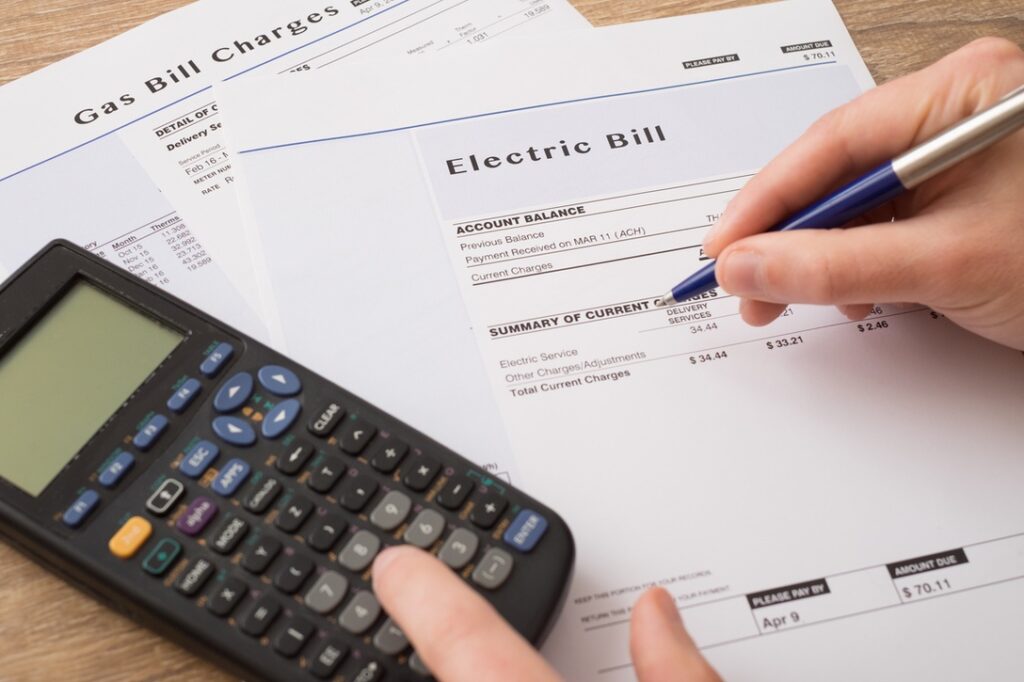
Step 1: Check Your Home's Current Electrical Use
To gauge your home's current electrical usage, you can look at your monthly utility bill. It usually provides a total kilowatt-hours (kWh) used in the billing period. To find your average hourly usage, you can divide the total kWh by the number of hours in the billing period.
For example, if your monthly usage is 900 kWh, your average hourly usage would be approximately 1.2 kW (900 kWh divided by roughly 730 hours in a month).
Step 2: Check Your Panel's Amperage
The amperage of your panel is usually listed on a label inside the panel's door or enclosure. If it's not clearly marked or you're uncertain, contact us and we’ll be able to find it for you. For the sake of this example, let's say your panel is rated at 200 amps.
Step 3: Factor in the Extra Load from Your Potential Solar System
When you install a solar power system, it will add an extra load to your electrical panel because it generates more electricity that your panel needs to handle. The amount of extra load depends on the size of the solar system you're installing.
Let's say you're planning to install a 5 kW solar system. In peak sunshine hours, it could generate up to 5 kW of power, which your electrical panel will need to manage.
Step 4: Compare Your Current and Projected Usage with Your Panel's Capacity
Finally, you'll want to compare your panel's amperage with your current and projected electrical usage. Remember: 1 kW equals approximately 8.33 amps.
If your current usage is 1.2 kW (which equates to around 10 amps), and your solar system might generate an additional 5 kW (or about 41.67 amps), your total projected load would be around 51.67 amps. Since your panel has a 200-amp capacity, it should be more than capable of handling the extra load from the solar system.
However, these calculations are simplified and don't take into account several important factors, such as fluctuations in solar power generation and variations in home electricity use. For a comprehensive assessment, consult our professional electricians—our team can perform a thorough analysis of your home’s electrical capacity and provide you with precise information on whether you’ll need an upgrade before adding solar panels.
Additional Factors Influencing the Need for an Electrical Panel Upgrade
Even if your home’s electrical panel seems to have the capacity for solar panels, you’ll want to consider a couple of other factors before scheduling your installation:
- Age of your panel: Older panels, especially those over 20 years, may struggle with handling modern power demands and need an upgrade.
- Panel type: Some older panel types (like fuse boxes) may not be compatible with solar installations.

Benefits of Upgrading Your Electrical Panel for Solar
There are clear advantages of upgrading your electrical panel before going solar. These include:
- Increased safety: An upgraded panel reduces risks associated with overloaded circuits.
- Improved energy efficiency: Ensure that the power generated by your solar panels is put to optimal use.
- Enhanced system performance: Upgraded panels can handle more electrical load, leading to a smoother operation of all appliances and systems.
Finally, remember that the initial cost of upgrading your panel will be offset in the long run by the significant savings your panels create. And as an added bonus, you’ll contribute to environmental sustainability by decreasing your carbon footprint—so installing solar panels is very much worth it for modern homeowners (especially in Calgary, which gets over 300 sunny days per year).
Getting Panel Upgrades that Support Solar Installations
When making the sun-smart switch, having a professional electrician from 4-Star Electric by your side is the easiest way to ensure a seamless transition. We understand the ins and outs of inspecting and upgrading electrical panels—with us, you can be confident that you’re acting on accurate information and installing solar technology that will meet your needs.
So when you're thinking of catching some solar rays, contact us at 4-Star Electric. We’re standing by to evaluate your electrical panel's readiness and provide you with any upgrades you need. Together, we can put the power of solar energy in your hands (and your home)!
